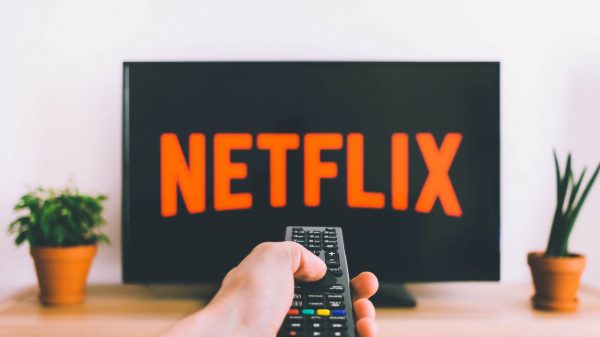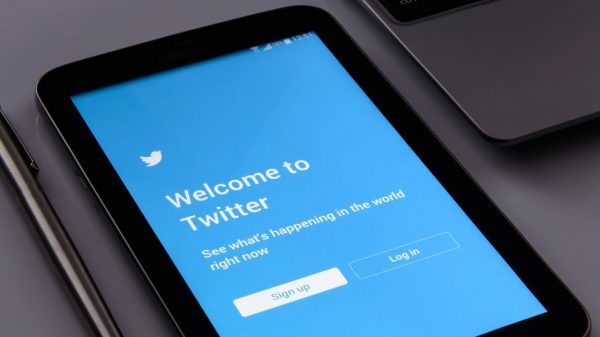Epic vs Apple judge Yvonne Gonzalez Rogers refused to grant Apple a stay on the order that requires the company to let developers add links to alternative payment options for in-app purchases. Currently, developers are required to use Apple’s payment system and pay a 15 to 30 percent commission to the company.
In the original order, issued on September 10, Rogers ruled in favor of Apple on 9 out of the 10 counts, but said that the company’s anti-steering laws were in violation of California’s Unfair Competition Law, and issued an injunction saying the company cannot prohibit developers from ” including in their apps and their metadata buttons, external links, or other calls to action that direct customers to purchasing mechanisms, in addition to In-App Purchasing.”
This injunction was set to go into effect on December 9, but Apple asked the court to stay it until the appeals filed by both Apple and Epic are resolved, which could take years. But the company’s request was denied on November 9.
The iPhone-maker, however, is expected to appeal to a higher court for a stay. A spokesperson for the company said:
Apple believes no additional business changes should be required to take effect until all appeals in this case are resolved. We intend to ask the Ninth Circuit for a stay based on these circumstances.
Why was Apple’s request denied?
When denying the company’s request, Judge Rogers said:
“Apple’s motion is based on a selective reading of this Court’s findings and ignores all of the findings which supported the injunction, namely incipient antitrust conduct including supercompetitive commission rates resulting in extraordinarily high operating margins and which have not been correlated to the value of its intellectual property.”
The order issued by Rogers states that the court analysed the stay request using a four-factor test (3 and 4 have been combined):
- What’s the likelihood of success in an appeal? “In considering Apple’s likelihood of success on the merits, Apple notes that it will argue on appeal that the Court applied the wrong test in its analysis of California’s Unfair Competition Law (UCL), plaintiff lacked standing, and the injunction was not within the Court’s authority. Contrary to Apple’s assertions, the Court evaluated the UCL claims using two tests, not one,” the order reads.
- Will Apple be irreparably damaged absent a stay? In its appeal, Apple had argued that there will be an irreparable loss of trust and integrity in the iOS ecosystem if it allowed developers to include their links and buttons to external sites. “Apple’s arguments are exaggerated. The reader rule, cross-play, and cross-wallet all reflect trial examples that alternatives outside the app can be accommodated,” Judge Rogers remarked. “That the injunction may require additional engineering or guidelines is not evidence of irreparable injury. Rather, at best, it only suggests that more time is needed to comply. Apple, though, did not request additional time to comply. It wants an open-ended stay with no requirement that it make any effort to comply. Time is not irreparable injury,” the judge added.
- Will there be an injury to other interested parties on the issuance of stay and where does the public interest lie? Apple had argued that Epic will not be harmed by a stay because its developer account is banned and cannot distribute apps on iOS. The court did not comment on this argument but on the public interest aspect, the court said that there are “numerous avenues for Apple to comply with the injunction and yet take steps to protect users.” The court added that it was not convinced by Apple’s argument that external links would create issues. “Consumers are quite used to linking from an app to a web browser” and “links can be tested by App Review,” the order stated “Users can open browsers and retype links to the same effect; it is merely inconvenient, which then, only works to the advantage of Apple,” the court added.
You can read Apple’s argument on the above factors here.
Payment option should be consumer choice: Judge Rogers
Concluding his order, Judge Rogers wrote:
Apple still maintains the convenience of IAP and, if it can compete on pricing, developers may opt to capitalize on that convenience, including any reassure that Apple provides to consumers that it may provide a safer or better choice. The fact remains: it should be their choice. Consumer information, transparency, and consumer choice is in the interest of the public.
Also Read
- Apple Appealing The Epic Games Verdict Means Changes To App Store May Take A While
- Taking Cue From The Apple Verdict, Google Countersues Epic Games Arguing Breach Of Contract
- Why Apple Is Refusing To Reinstate Epic’s Developer Account Despite A Promise To Play By The Rules
- Russia Launches Antitrust Probe Into Apple, Adding To Growing List Of App Store Investigations
Have something to add? Post your comment and gift someone a MediaNama subscription.





























You must be logged in to post a comment Login